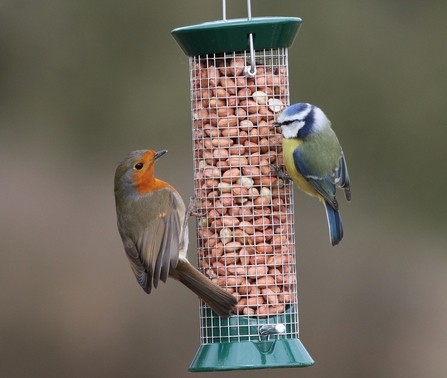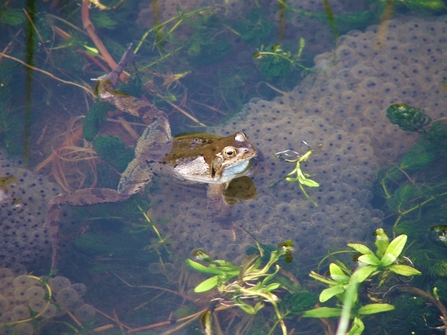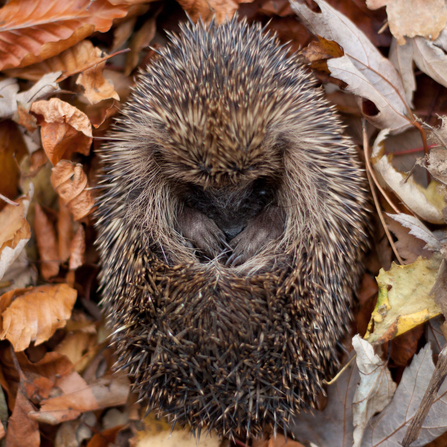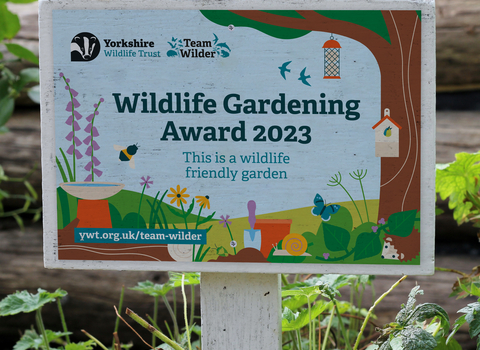However, there are a few quick and easy steps you can take to help support them – with minimal time outdoors and by embracing a messy corner or two. A few actions will have the added benefit of attracting lots of lovely winter wildlife for you to watch. Yorkshire Wildlife Trust recommends:
Food fit for a feast
There are lots of easy ways you can provide food for your garden wildlife over the winter. Stocking up your bird feeders is an obvious one – although garden birds benefit from feeding year-round, winter is the time to provide foodstuffs with a high fat content to help keep them warm. Make sure to top your feeders up regularly.
Dried seed heads from teasels, sunflowers and thistles provide a great source of nutrition during the winter months, as do berried bushes such as holly and ivy. These can all look beautifully sculptural in your garden – particularly after a heavy frost.




